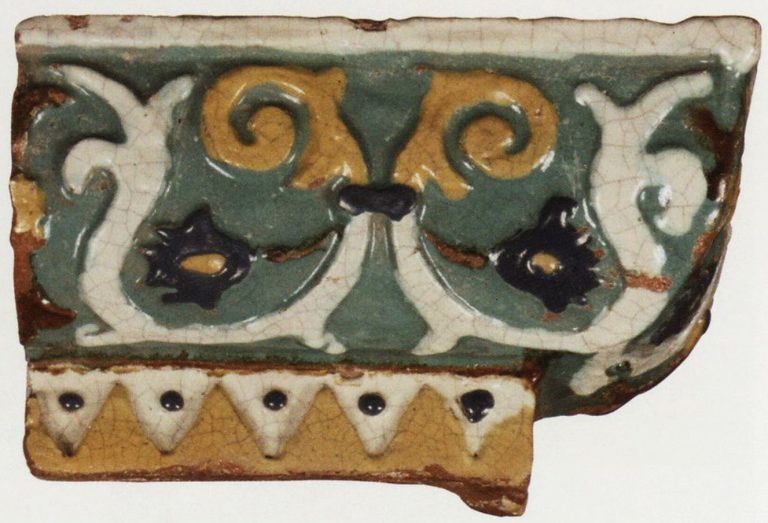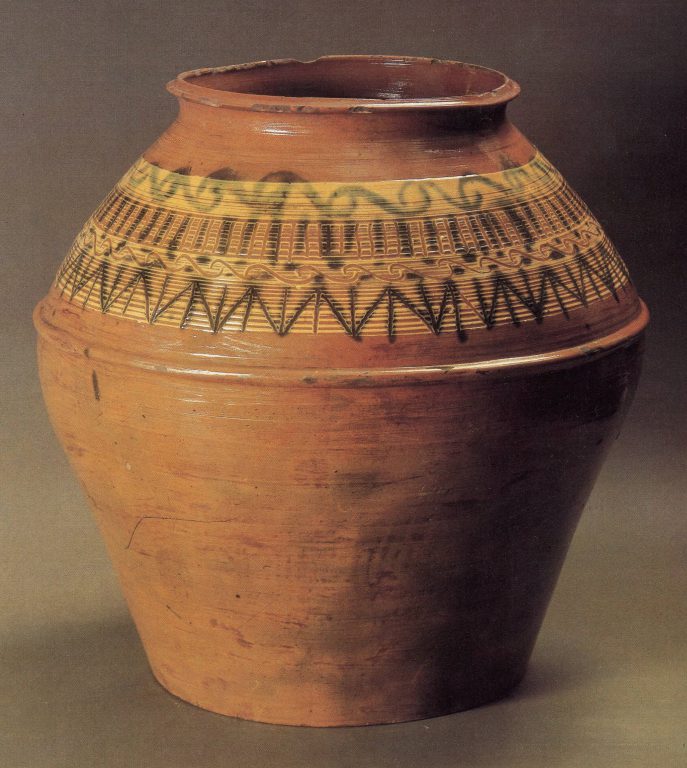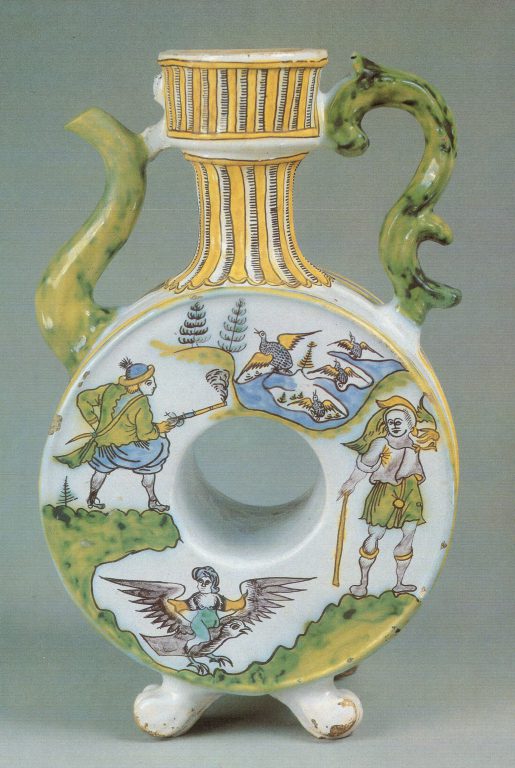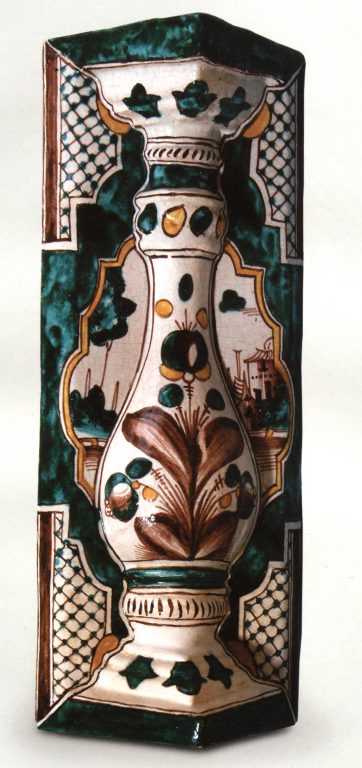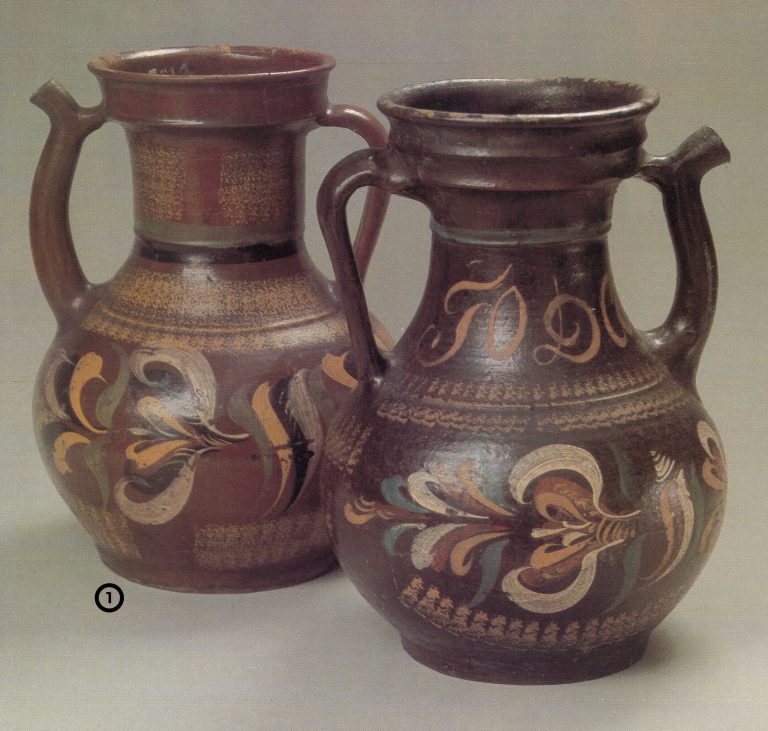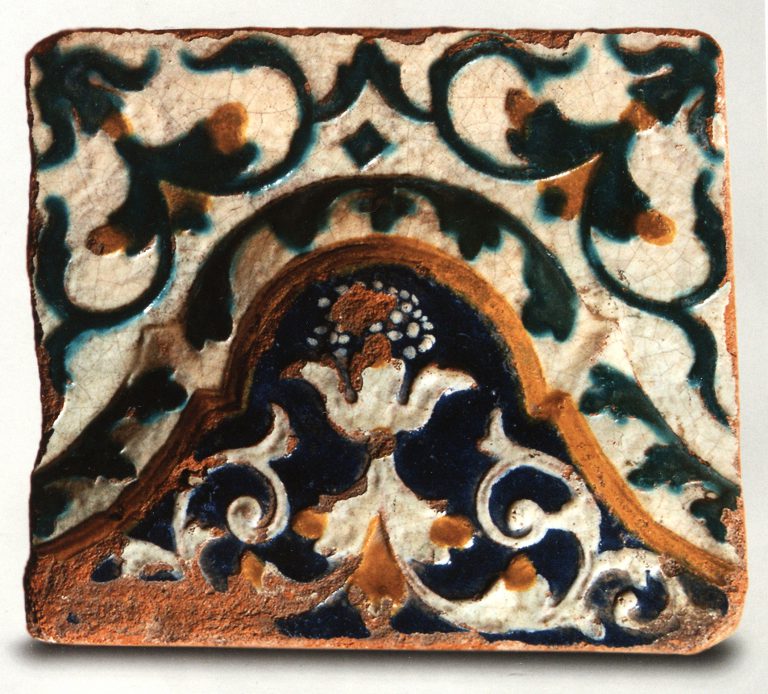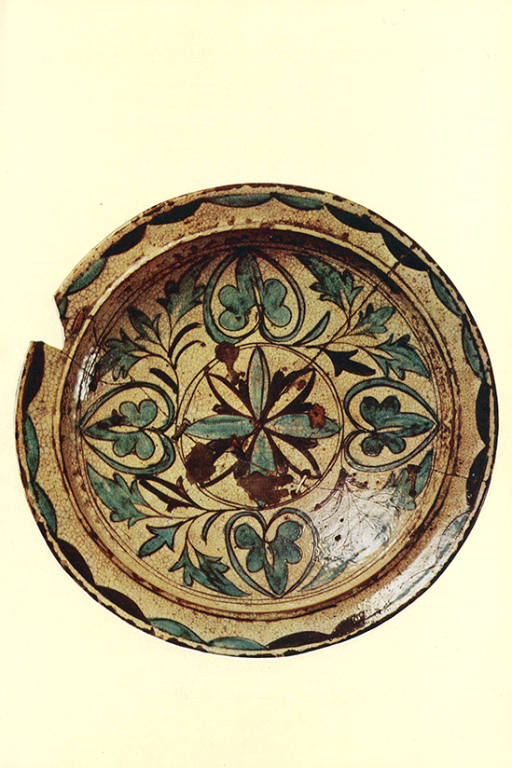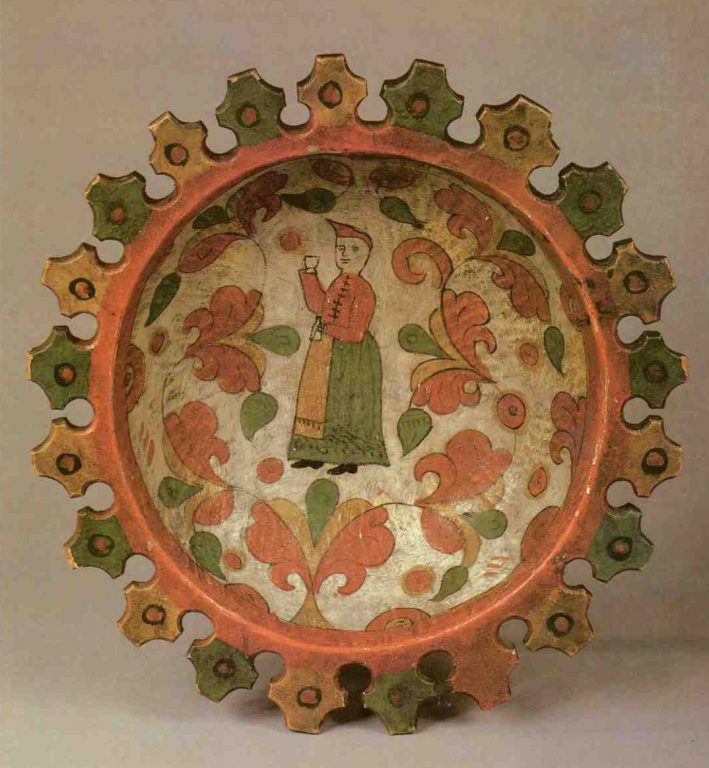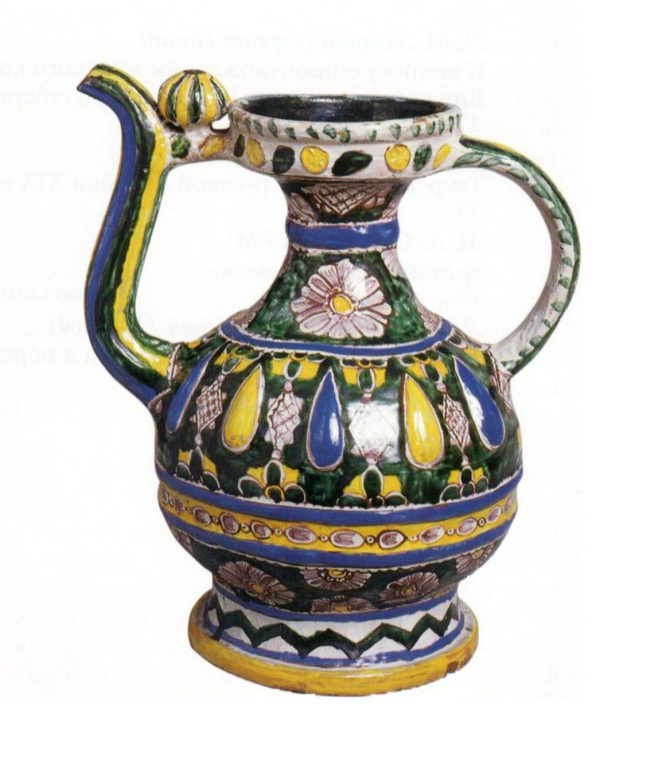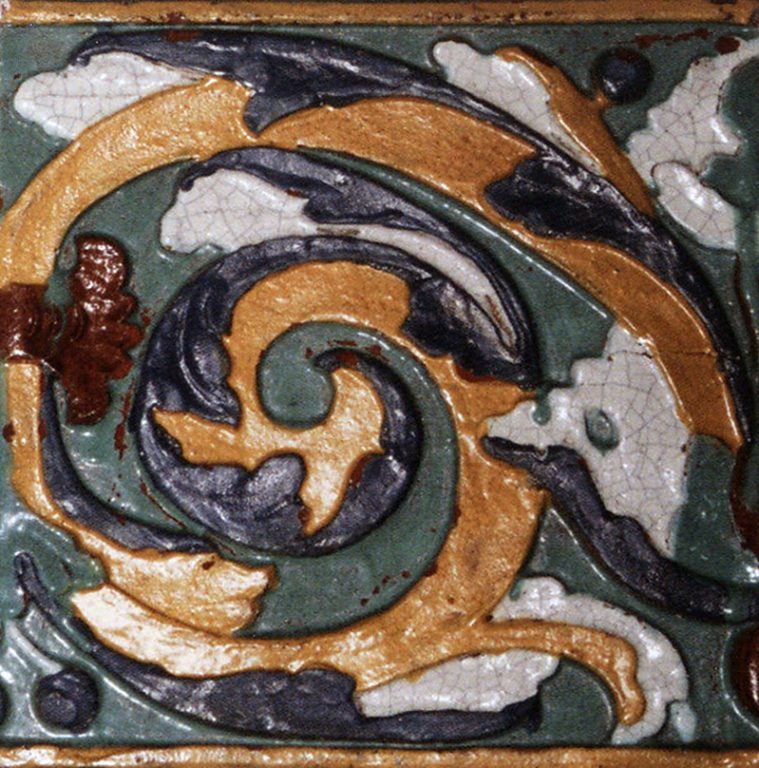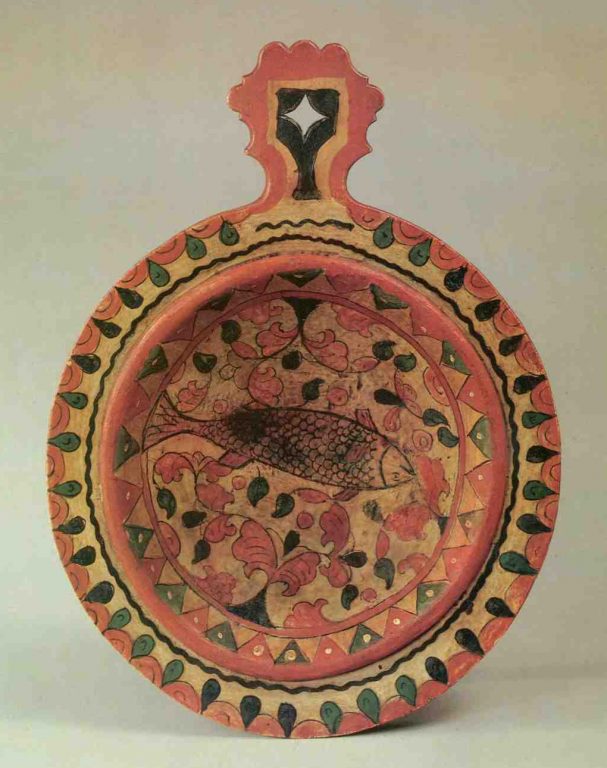

-
Objecttableware: Vase
-
Author of the objectCrown Derby
-
Type of arts & crafts
-
MediumBone china with enamel decoration and gilding
-
Sizeconfirmed: 9 1/2 Г— 5 Г— 5 in. (24.1 Г— 12.7 Г— 12.7 cm)
-
Geography details
United Kingdom -
Country today
-
Date1885
-
Type of sourceDatabase “Metropolitan Museum of Art”
-
Fund that the source refers toMetropolitan Museum of Art
-
The history of the Derby porcelain manufactory can generally be divided into two periods. The old Derby porcelain was produced from 1750 to 1848, and was foremost distinguished by the ownership of William Duesbury I and II. When the original factory closed in 1848, a number of former workers established a separate smaller factory at King Street, Derby, using Crown Derby’s original molds and patterns and oftentimes incorporating the factory marks on its wares. Around 1876, a separate company established a factory at Osmaston Road under the name Derby Crown Porcelain Company (and eventually bought the King Street factory in 1935), although the firm did not being producing commercial pieces until two years later. In 1890, the factory was granted the privilege of using the title “Royal Crown Derby Porcelain Company.” Although the new Crown Derby continued to produce the firm’s old eighteenth-century Japan patterns, it became known for making vessels lavishly decorated with raised and chased gold work and Persian-style decoration.





